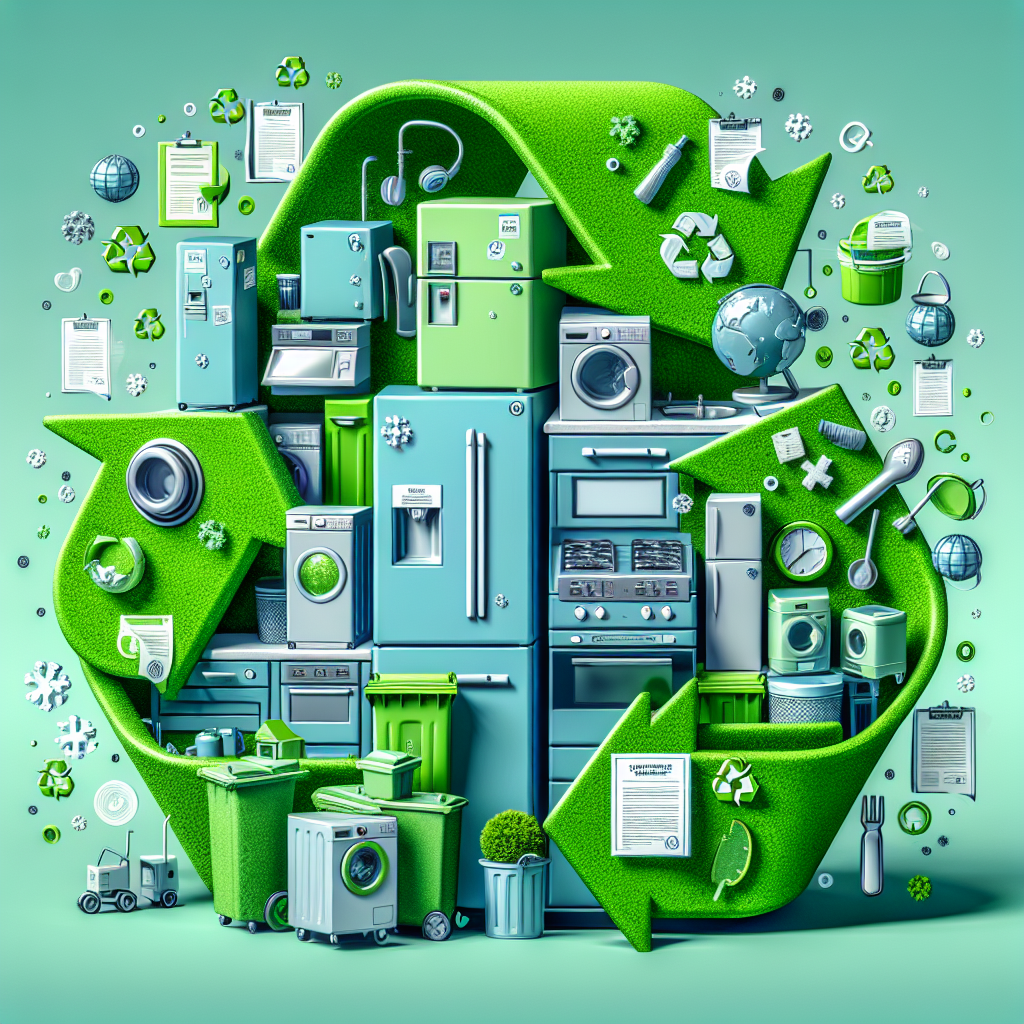Blog Ecobraz Eigre

Home appliance manufacturers: legal obligations for post-consumer disposal
Introduction to manufacturers' legal obligations
Manufacturers of household appliances have specific legal responsibilities in the field of post-consumer disposal, aimed at minimizing environmental impacts and complying with current Brazilian legislation. These obligations are mainly regulated by the National Solid Waste Policy (Law No. 12.305/2010) and other related normative instruments.
National Solid Waste Policy and shared responsibility
Law No. 12.305/2010 establishes the principle of shared responsibility for the life cycle of products, where manufacturers must set up systems for reverse logistics, facilitating the return of household appliance products at the end of their useful life. According to Art. 33, §1, this responsibility involves creating mechanisms that enable waste to be collected and correctly sent for appropriate treatment, avoiding irregular disposal.
Reverse logistics for household appliances: requirements and effectiveness
The implementation of reverse logistics requires manufacturers to ensure a structure for the efficient collection of post-consumer appliances and their environmentally appropriate disposal. Complementary regulations, such as Decree 10.936/2022, detail procedures for operating these systems. The raw material from the reuse of this waste must be reintegrated into the production chain or sent for treatment that minimizes environmental damage.
Environmental regulations and the role of supervisory bodies
Environmental bodies such as the National Health Surveillance Agency (ANVISA) and state bodies such as CETESB (Environmental Company of the State of São Paulo) supervise compliance with the rules pertaining to the disposal of household appliances, including the prevention of contamination by electronic components and heavy metals. Failure to comply can result in administrative sanctions, such as fines and embargoes on production lines.
Secure collection and disposal of data and media in household appliances
In devices that store digital information, especially smart household appliances, the secure destruction of data is essential. Manufacturers must adopt procedures that guarantee the secure sanitization of hardware according to the technical recommendation available at electronic scheduling. This ensures the protection of information from unauthorized access during the disposal process.
Instructions for disposal and official collection of electronic waste
Manufacturers must clearly inform consumers of the channels and procedures for the responsible disposal of household appliances. The official collection service, known as e-waste collection, must be accessible in accordance with the National Solid Waste Policy. Specialized services can be consulted at eletronicos agendamento, facilitating the sustainable disposal of this waste.
Final considerations on post-consumer legal obligations
Compliance with legal obligations for post-consumer disposal contributes to the sustainable development of the household appliances sector, reduces pollution and increases efficiency in the use of resources. Compliance with state and federal laws and regulations and technical guidelines is essential to ensure compliance and avoid penalties.
Sources:

Deixe um comentário
O seu endereço de e-mail não será publicado. Campos obrigatórios são marcados com *